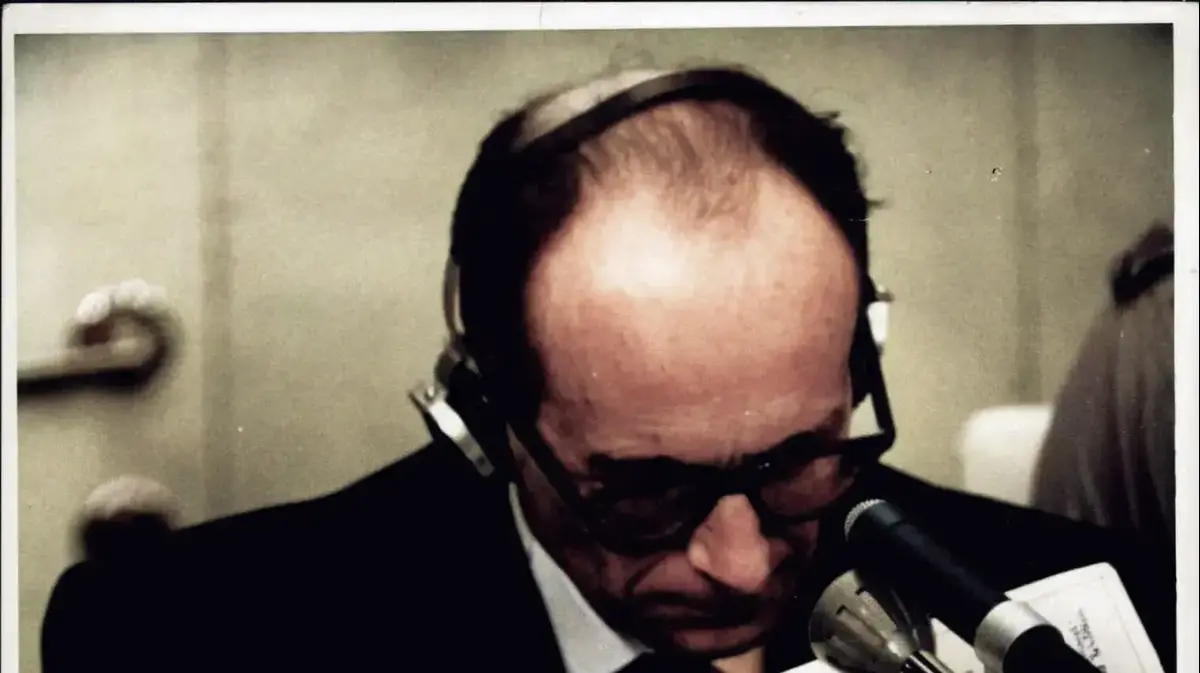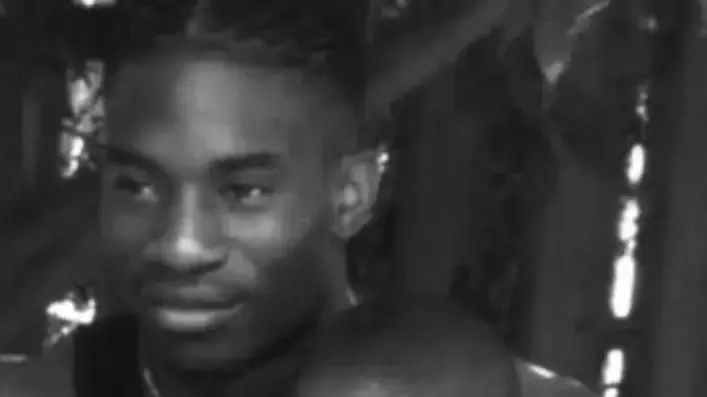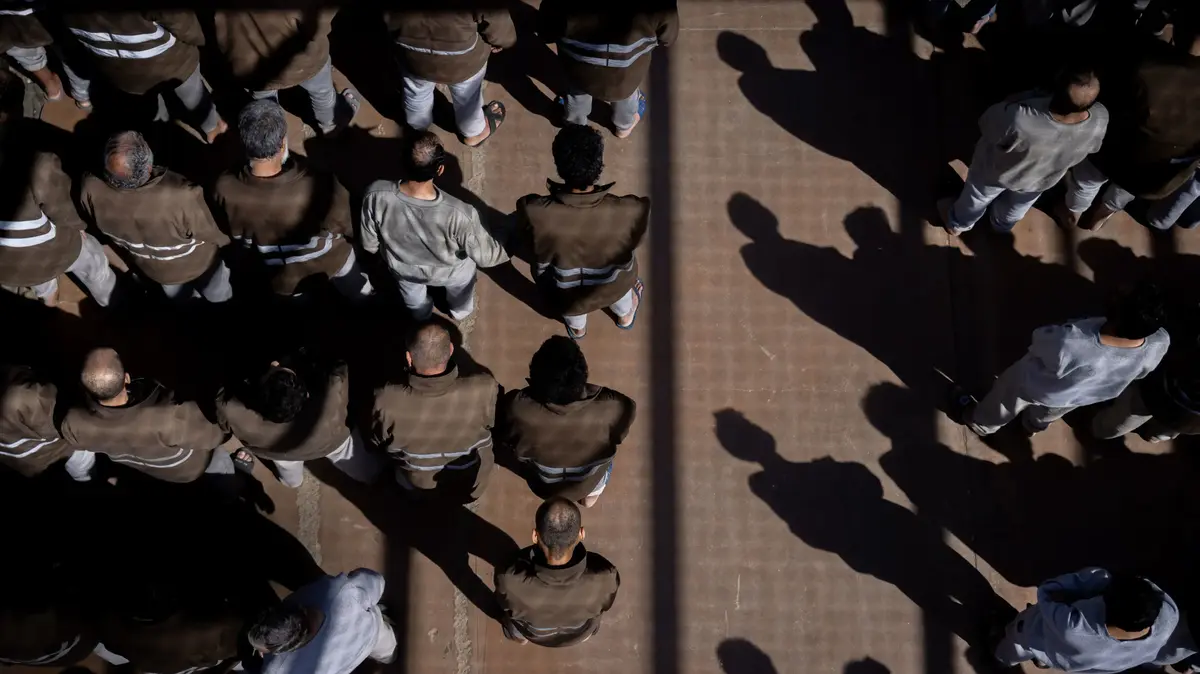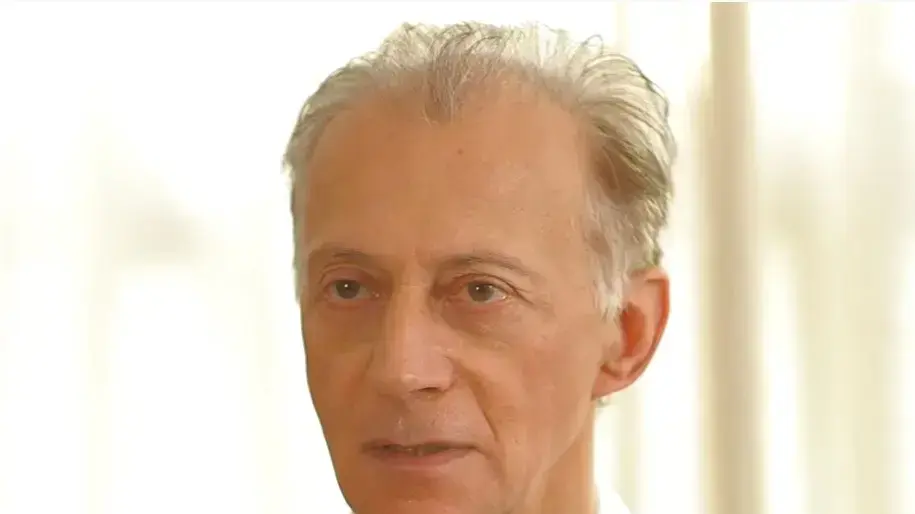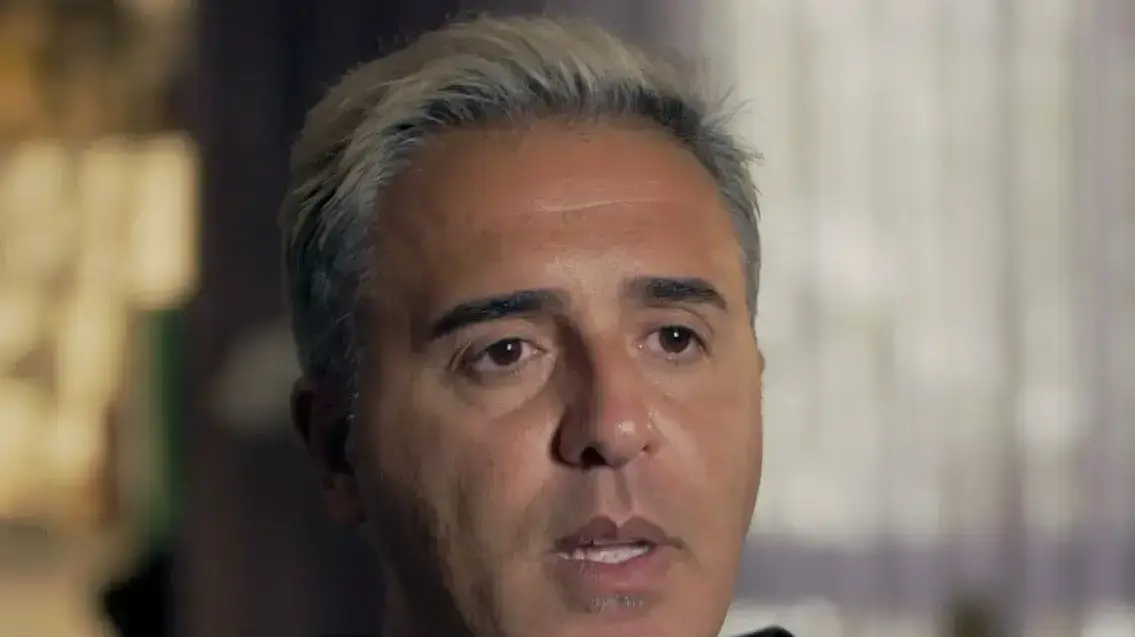Eichmann claimed that he only fulfilled orders.
These chilling recordings finally expose the lie
A long and rare interview, in which the Nazi criminal is partly proud of the final solution, has been gone for more than 60 years.
Now, "Eichmann: The Hidden Recordings" by director Yariv Mozer presents him to the world in front of his testimony at trial in a brilliant way.
The achievement is amazing and fascinating, but it seems that the over-ambition of the film bothers him
Nadav Menuhin
01/06/2022
Wednesday, 01 June 2022, 00:03
Share on Facebook
Share on WhatsApp
Share on Twitter
Share on Email
Share on general
Comments
Comments
In the video: Eichmann trial opening session - the head of the court reads the charges (State Archives)
The Nazi criminal Adolf Eichmann was executed in Israel exactly 60 years ago, at the end of May 1962. This was the last stage in the legal proceedings conducted by the State of Israel against Eichmann, a man whose list of achievements includes the expropriation of Austrian Jewry. , A deportation organization of Hungarian Jewry for extermination in camps and more.
Eichmann, who was abducted from Argentina by Mossad agents, was the most senior Nazi to be prosecuted in Israel, but the consequences of the Eichmann trial go beyond the criminal and historical spheres, and also reach public and cultural spheres.
The trial was a huge global media event, and raised the issue of the Holocaust on the agenda in Israel and in many countries around the world.
Several moments of it were burned into the collective memory - chief among them the opening speech of prosecutor Gideon Hausner, or the fainting of K.
Tsetnik on the witness stand.
No wonder the event has spawned a string of films and books, and those weeks seem to continue to captivate many.
At the center of the trial was a weighty question: Was Eichmann a murderer, an ardent and active partner in the extermination system, who was directly responsible for the deaths of the masses - or was it a greyish and random clerk who only fulfilled orders and documents - an obedient screw in this system.
Eichmann's line of defense focused on the second version, which the thinker Hannah Arendt - who reviewed the trial - described as "the banality of evil."
But Eichmann did not always stick to this version of things.
A few years earlier, the fugitive Nazi had been interviewed at length in Argentina for another fugitive Nazi, the Dutch journalist and publisher Willem Sassen - who recorded the man's unbelievable confession and transcribed it over hundreds of pages. While Hausner tried to use additional transcripts that came to him as evidence - but the court did not accept this and the prosecution was forced to rely on other documents on the way to conviction.
The recordings were considered lost, and eventually rolled into an archive in Germany, when only a handful of researchers received permission to engage in them.
Now, after more than six decades, Israeli director Yariv Mozer ("Ben-Gurion, Epilogue", "The Red Book") reveals the shaky recordings in the documentary "Eichmann: The Lost Recordings", so that Eichmann's confessions in his actions are finally made public.
The film was recently screened at the Dokaviv Festival, and will soon be screened as a multi-part series here 11.
More on Walla!
What is the sentence of Meir Ariel's favorite of Shlomi Shaban and Shuli Rand?
To the full article
A dramatic achievement by the director.
Eichmann (Photo: State Archives)
It is hard to overstate the dramatic achievement of Mozer, who managed to publish the hidden recordings out of the darkness of the archive.
Eichmann admits in his voice his actions, boasting about them to the astonishment of his interviewers, aware that they may be used against him one day.
He is antisemitic, emphasizing that he was an idealist.
It is almost inconceivable to hear these things explicitly.
Mozer recreates parts of the interview using actors who "do with the lips": Roy Miller as Sassan, with the Nazi criminal played by Eli Gorenstein - probably the only actor in the world who played both Eichmann and Tuvia the Milkman.
He backs these up with investigators, witnesses from the surviving Eichmann trial, and relatives of the main protagonists of the affair.
Since the Eichmann trial itself was filmed and recorded, the director is educated to present Eichmann's words to Sassen in front of his testimony in the Israeli court - and thus the lie was exposed.
The film enjoys effective editing and good rhythm, and is likely to excite most of its viewers - even when it comes to speculation around the question of why the Sassan document did not eventually become a significant part of the trial.
Good beat.
Eichmann - The Lost Recordings (Photo: Itiel Zion, courtesy here 11)
The main weakness of the film is actually over-ambition - its attempt to become the ultimate film about the Eichmann trial and encompass its countless angles, but this requires a much longer work.
Some things are presented in a vigorous summary and the film skips between these points, which on the one hand are peripheral to the recording story at the center of the film, and on the other hand they require a longer discussion in themselves.
It is clear why Mozer insists on bringing them in - and it should be remembered that the film is also intended for a non-Israeli audience - but it seems that this intermediate compromise is not really sufficient.
Nonetheless, in an attempt to encompass all the many sides of the Eichmann trial - and they are very numerous - it seems strange to miss the character of the other anti-hero of the recordings, Sassen himself, who only a few details available on the net seem like a fascinating character in their own right.
It may simply not be possible otherwise when the canvas is spread over only about two hours, and that the format needed to contain this project is much more epic.
On the fringes of historical achievement, one of the film's special contributions is rather stylistic: oddly colored the court records, as well as archival films from World War II, which the public has hitherto recognized mostly in black and white.
Thus, the drama surrounding the glass cell suddenly seems much more alive, and seems to be the biggest compliment one can give to a historical docu.
culture
TV
direct watch
Tags
Adolf Eichmann

